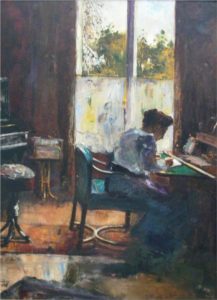 Why do I write? Why is it important for me? Is it important to anyone else? Is it IMPORTANT WRITING?
Why do I write? Why is it important for me? Is it important to anyone else? Is it IMPORTANT WRITING?
I’ve been thinking about this a lot lately as I embark on research and start writing another historical novel. Historical novels aren’t selling all that well these days, in case you hadn’t noticed. Established authors who have a readership keep cruising along, publishers willing to keep putting out the products of their imaginations because it’s not too much of a risk. And there are always hot topics—recently they’ve clustered around Word War II—that can get some excitement going. A few find a hot-button topic or have a premise so intriguing they rise to the surface. But I fit none of those categories.
The writer I am
I’m a mid-list, well-reviewed author who writes historical fiction with strong female protagonists. I don’t concentrate on any one period (except for my last three unpublished novels, all in New York around 1910), and my subjects range widely as well. But something pushes me to write what I write, and I feel compelled to explore just what that is.
I’ve always looked at my drive to write as a need to bring some aspect of history to life, to make it real for a reader. I flatter myself that perhaps my readers will learn something they didn’t know before about what being female meant in another time period, about the struggles and triumphs faced on a personal level by women and girls, both famous and anonymous. But is that important?
The writer I’m not
Unfortunately for my career, I’m not that writer who can, chameleonlike, adapt to what the market wants at any given moment. I can’t write a thriller, or a romance, or an edgy-contemporary-high-concept novel. It’s just too hard to produce those 80-100,000 words that hang together with a beginning, a middle, and an end not to be completely, passionately, dedicated to the whole gut-wrenching process.
Self-criticism and self-doubt are endemic to creative writing. I’m a highly educated person (PhD, Yale), but I have never studied creative writing other than the odd one-day workshop, and a glorious two weeks at Bread Loaf before I was published for the first time. Entirely self taught, through reading great authors, not so great authors, and many, many books on craft, I pride myself on having a talent for learning. That’s not to say I haven’t had mentors—my ex-agent really taught me how to write a novel, and I’ve been fortunate to work with wonderful editors at Simon & Schuster and Bloomsbury USA Children’s.
But is that important?
The writer I want to be
Here’s my dirty secret: I suspect I’ve skated on the surface of the stories I’ve been telling and that I really don’t know the first thing about writing. Why is that important? A lot of very successful writers stay on the surface, value action and peril as the drivers of compelling fiction. And that’s all many readers demand of a book. When we’re competing with more and more instantly available forms of entertainment, there’s nothing wrong in trying to catch the wave of a reader’s desperate need for simple distraction. I love a good mystery, for example.
But when I think about the writers I adore and the books that have stayed with me, I think of luminous passages opening into searing insight. I think of being rendered speechless by the sheer power of the observation of human frailty or strength. Virginia Woolf, Michael Ondaatje, Marilynne Robinson, Ian McEwan, Margaret Atwood, Toni Morrison, Jhumpa Lahiri, Tracy Chevalier, Gabriel Garcia Marquez, Alice Hoffman—I could go on. I’m deliberately limiting myself to names everyone will know and avoiding the many beautiful writers whom I count among my friends. (Here’s one take on what I’m talking about, which makes some good points but I don’t agree with it all.)
It boils down to this: I want to be a writer whose words resonate. To make readers catch their breath at something that touches them so deeply they didn’t even know they felt that way—that’s my dream. I can only try to do this by stepping back, taking each scene, each sentence, and digging down until it’s right. It has to be right not just in and of itself, but as part of a whole that grabs a reader and keeps her locked onto the page.
Will I be able to do it? I don’t know. I intend to spend the next year trying and possibly not succeeding.
Because that’s the point of it all. The digging deep, tearing-out-the-hair, superhuman effort is what matters. Even if I never make something that rises to being important, I—like many other unsung, dedicated writers—will have engaged in the important writing stuff.
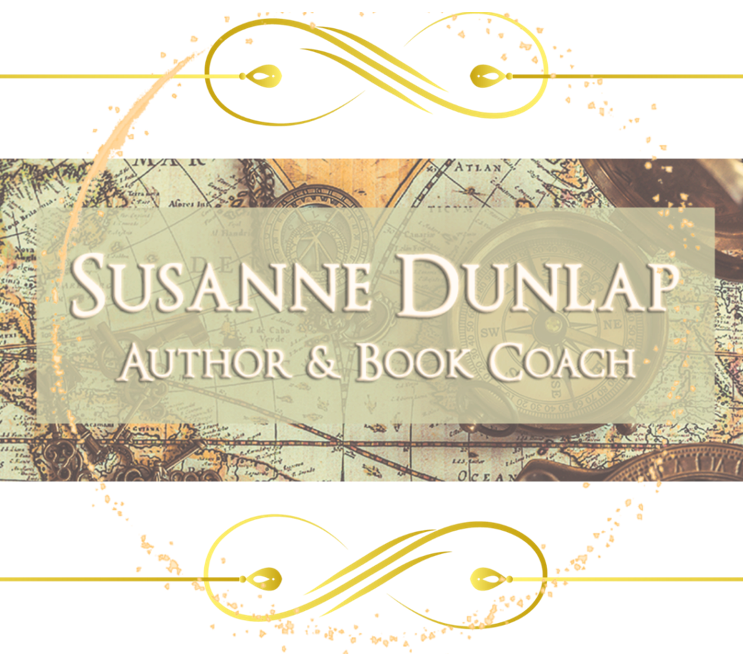
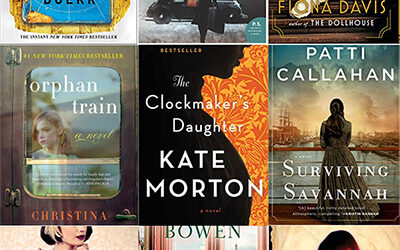
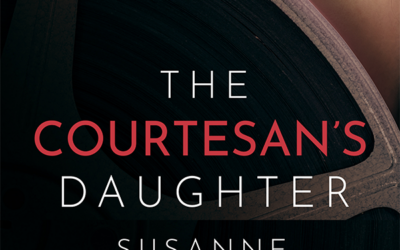
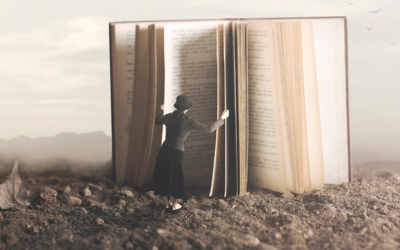


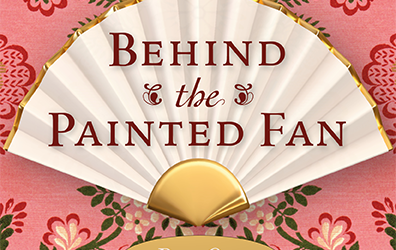
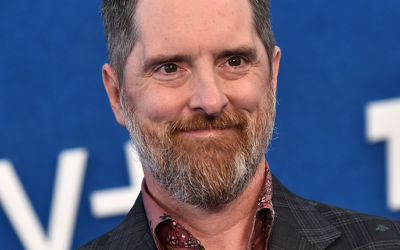

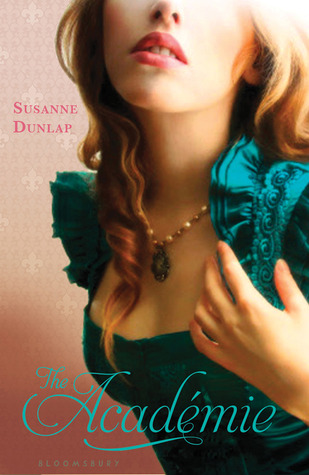
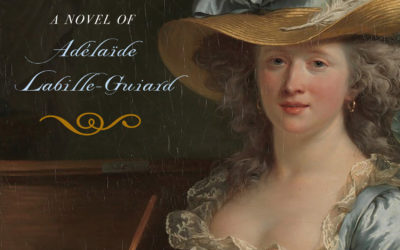

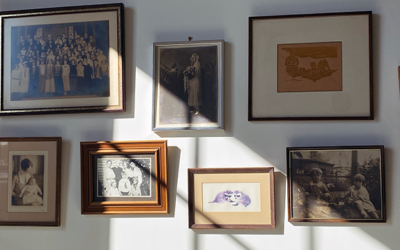
0 Comments